So, it was 106 F degrees here in Dallas yesterday (or somewhere around that temp...) and yes, I'm still planting. Gardening is a year-round activity for me, regardless of the weather. I always have something going on in the garden! There are plenty of varieties that can take extreme heat and will tolerate being planted this time of year. I posted the other day about tough succlents that can easily be planted this time of year, but our planting pallette isn't limited to succulents or cacti.
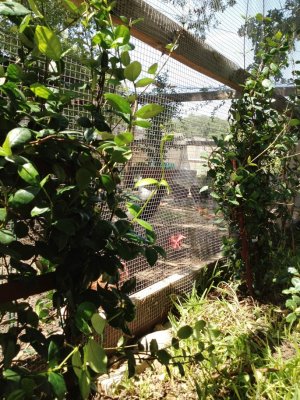
Let me ask you this: Do you think the plants will be happier in the ground or in a black nursery pot siting on concrete when it's 100+ degrees? Anything you see in a garden center this time of year...can be planted in the ground this time of year. They'll be easier to keep alive planted in the ground than then are in a black plastic pot, which will dry out much, much faster! Now, does the fact that it's so hot mean you're going to have to keep a closer eye on your new plants? Sure it does. If you're under tight watering restrictions that don't allow you to run your automated system on a weekly basis, or don't allow for additional hand watering, then yes; it's going to be tough to establish any new plants this time of year. BUT, if you're like us here in Dallas, and can run your sprinkles up to twice per week plus hand irrigate (or drip) anytime you need to, then you can plant now. As long as you're willing to get on the end of the hose a few more times a week.
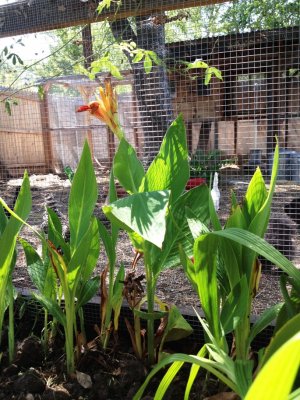
So what was I planting yesterday? Just a few things around my chicken yard fence to provide a little more green camouflage and shade for the girls. Plus make the chicken yard a litle more pretty! I already have some passionvine getting established on the fence, but wanted to add some evergreen Confederate Jasmine both for beauty and fragrance. Who says a chicken yard can smell good?? LOL. Plus, my bees will love it. I also threw in a few plantingsof dwarf cannas in a few spots around the fence. Again, they'll provide a bit more ground shade for the girls, plus attract hummingbirds. Both of these are tough, easy to grow plants. I also planted a few more succulents in containers and transplanted a Viburnum and an Esparanza.
Obviously, if you're out gardening in the heat, you'll want to make sure to drink lots of water and put on that sunscreen. Plant early in the morning as that's both easier for you and the plants! Make sure to drench plants thoroughly after planting. You'll need to check on them daily to see if they need a bit of hand watering. To get plants off to a better start, consider soaking the root ball in some liquid seaweed and root stimulator for a minute before you plant.
Garden on troopers!
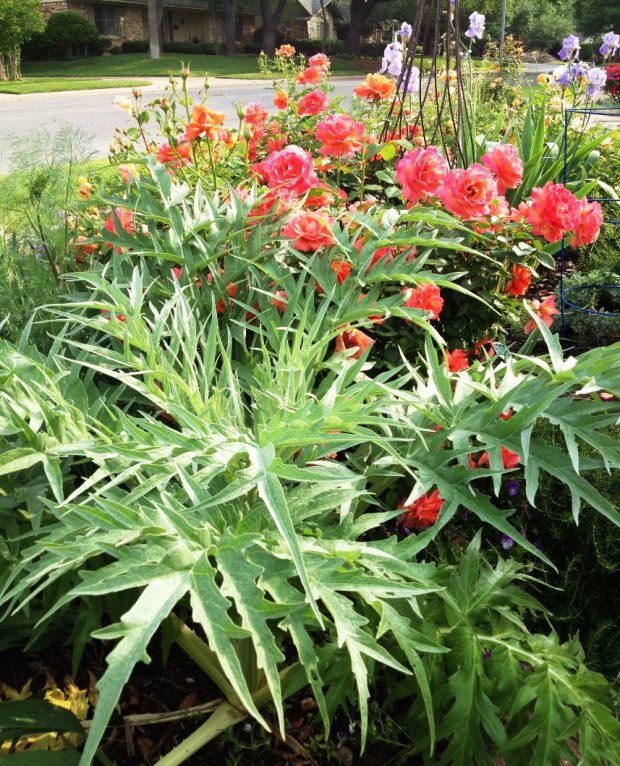

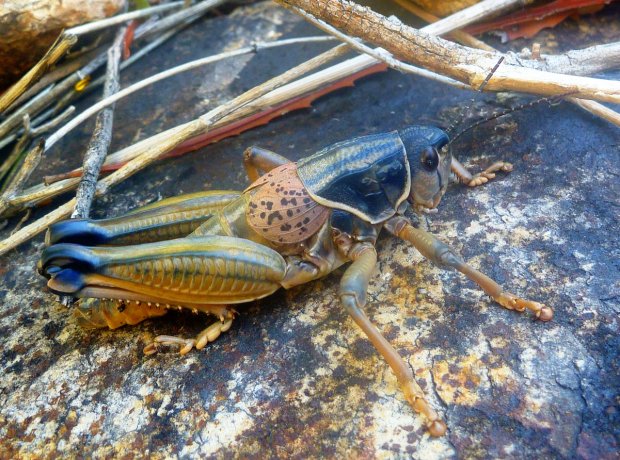



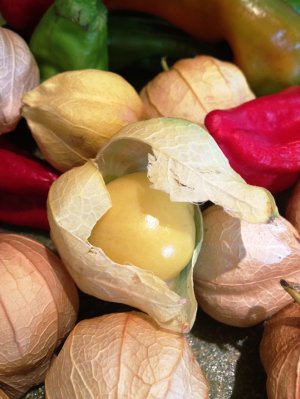



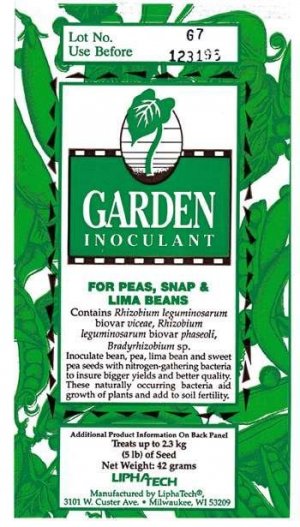 If you're thinking about planning your fall vegetable garden right now, congratulations! You're right on schedule. Now is the time to start building raised beds and/or amending existing beds with organic matter for your fall transplants.
If you're thinking about planning your fall vegetable garden right now, congratulations! You're right on schedule. Now is the time to start building raised beds and/or amending existing beds with organic matter for your fall transplants.